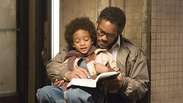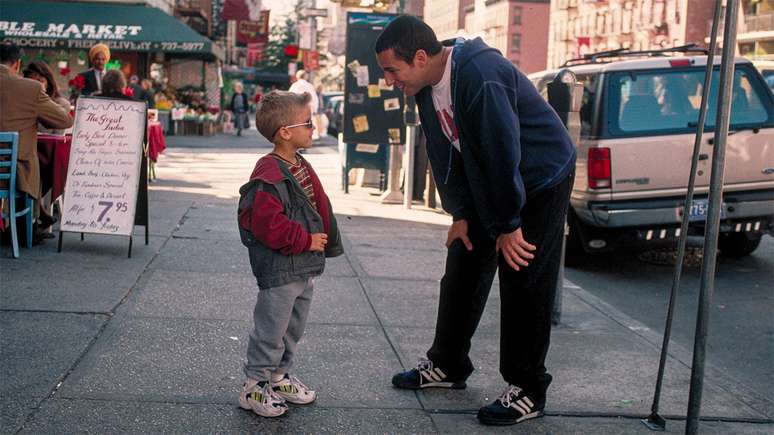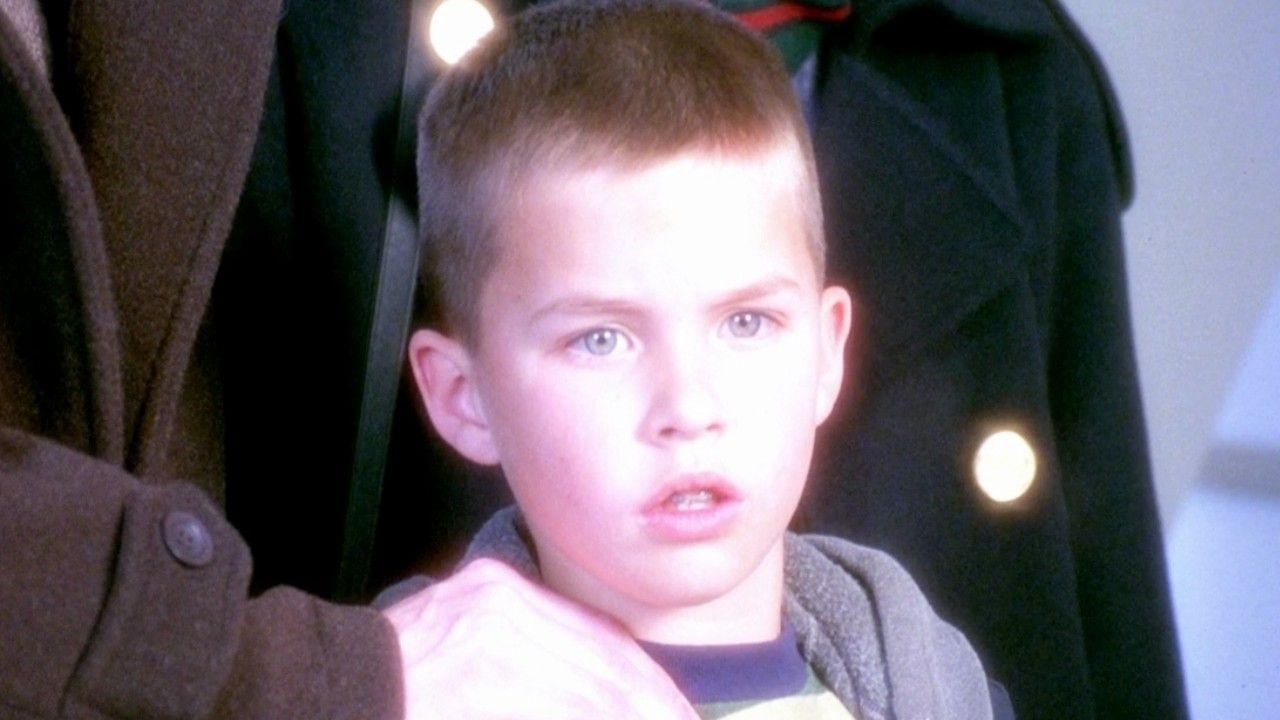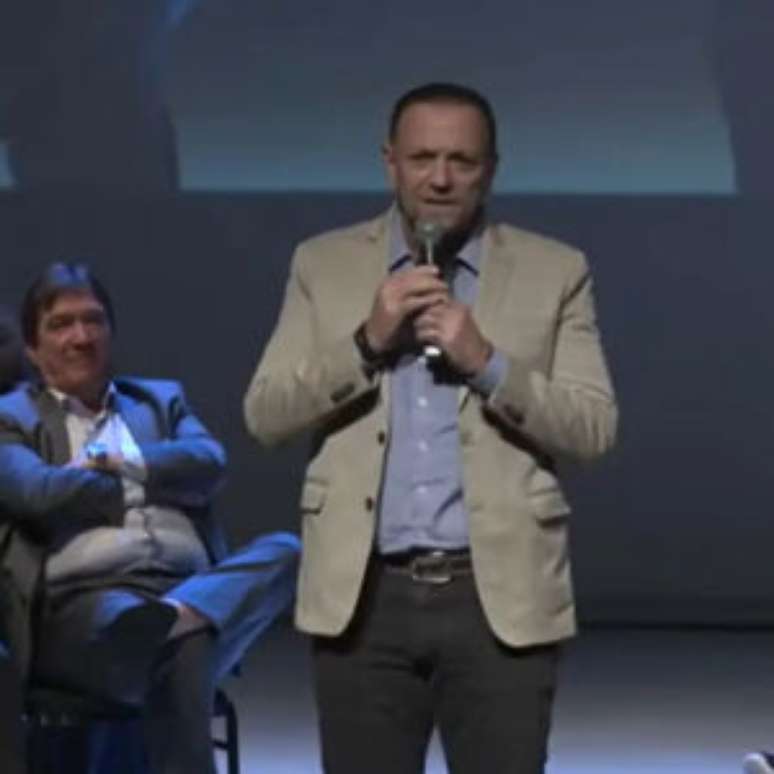Digging a little deeper into how fatherhood in movies affects us.
-
ASSISTANCE

The cinematic phenomenon of Father’s Day
-
ASSISTANCE

The strike that is changing Hollywood
-
ASSISTANCE

Barbie: the chronology of success.
-
ASSISTANCE

Barbieheimer: understanding the event
It’s Father’s Day eve: turn on the TV and everywhere you see a classic film about fatherhood playing. As much as you love these movies, you feel something different. A mix of joy and sadness, like you’re following something you’ve never had, but it’s beautiful. And it is precisely in this middle ground that we understand why these films are so successful.
Big Daddy, The Pursuit of Happyness, Toy Hero, Big Dozen; examples abound. In a society where the father figure plays such a crucial role, it is no surprise that cinema reflects and amplifies this dynamic.
To a large extent, popular Father’s Day movies touch the hearts of the audience due to their power of resonance and identification. For many, they mirror personal experiences: whether it’s an absentee parent trying to reconnect with their child, or perhaps the other way around. However, these films also have a certain idealizing power. They often feature scenarios where, despite obstacles, fatherly love and dedication triumphs… and we know that’s not the case in real life.

One of the reasons these films have such an impact is the way they explore male vulnerability. In a society that often expects men to be unshakable pillars of strength, these films challenge those notions. They show parents crying, struggling and most importantly growing up with their children.
Also, the narrative of redemption or transformation is something many crave in their lives. Who doesn’t want a second chance or an opportunity to correct past mistakes? So these movies always send the message of hope that despite our mistakes and failures, there is always room for change and growth.
In Big Daddy, Adam Sandler plays an immature man who ends up adopting a child and embarks on a profound journey of self-discovery and maturation. Here, the magic formula is to show the transformation of a boy who goes from a selfish posture to a father in the purest sense of the word, highlighting the power of fatherhood to create unexpected and transformative connections.
In A Toy Hero, Arnold Schwarzenegger plays a father who, in search of the perfect gift for his son, ends up facing one series of absurdities one after another. Behind the comedy, the film addresses the social pressure parents face to be “perfect” and the consequences of prioritizing work over family.
In The Pursuit of Happyness, we follow Will Smith as a father struggles to provide for and care for his son as he faces dire financial and personal hardships. Resilience, determination, courage and many other aspects make him an almost perfect character, hard not to be moved.
The fascination that these films exert on the public is not just a case or a marketing case. They touch sensitive points, explore deep longings, and bring forth universal truths about what it means to be a parent and what it means to be a child. It’s always a mutual learning experience. In an ever-changing world, with increasingly superficial and fragile relationships, these stories remind you of the importance of genuine human connections, and that means a lot.
Source: Terra
Rose James is a Gossipify movie and series reviewer known for her in-depth analysis and unique perspective on the latest releases. With a background in film studies, she provides engaging and informative reviews, and keeps readers up to date with industry trends and emerging talents.





